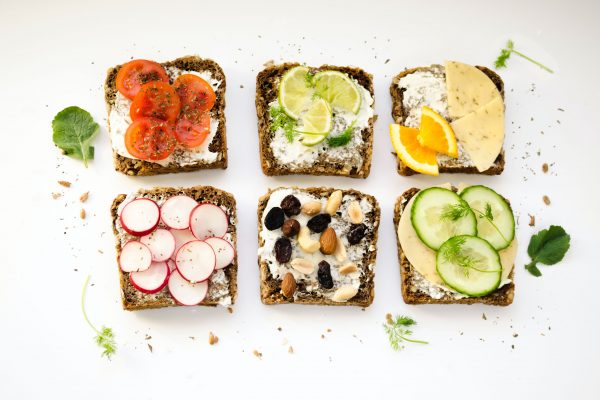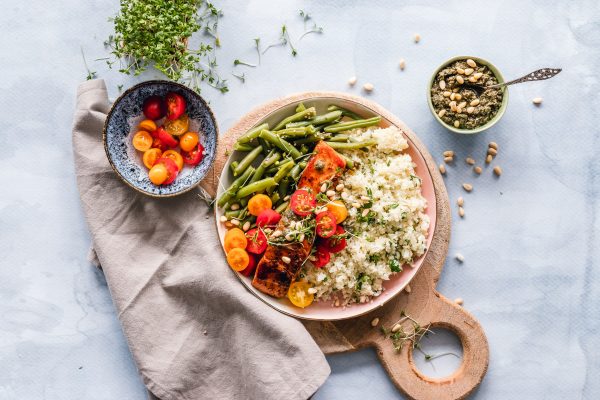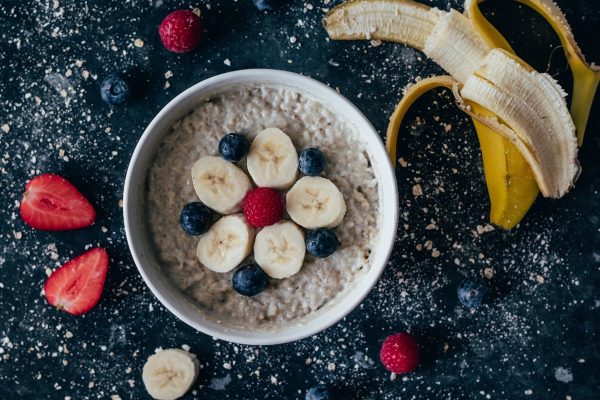Nutrition for performance
Welcome to the first sports nutrition post for Macclesfield Harriers! I am a registered Sports Dietitian and I will be translating the current science on nutrition for athlete health, training and performance into practical and achievable dietary strategies that you can try for yourself. If you are intentionally training in a sport, you are an athlete, so this is relevant to all of you!
Why is nutrition important for sporting performance?
Nutrition supports training and performance in multiple ways. Food gives your body the fuel it needs to run, jump or throw and is one of the key factors determining how your body adapts to exercise. It also enables consistent training, maximises recovery, reduces risk of illness and injury, supports bone health and helps maintain motivation and mood. Each month I will focus on a different nutrition topic that can help you achieve your goals.
Building the foundations
Firstly, I recommend taking a look at what you are currently eating day to day. The foundation of sports nutrition is a healthy and varied diet. Most gains are made from the quality and quantity of your everyday food intake. A nutrient-rich diet is paramount to staying healthy and is even more important for athletes whose dietary needs are increased. Athletes diets need to provide enough energy for exercise and normal physiological function (and in younger athletes for growth) from a variety of foods that are rich in vitamins, minerals and essential fats. In practical terms you can achieve this by following these tips:
- Eat regular meals (and snacks if needed) to give your body a steady supply of energy to meet its demands. You will perform better if you eat enough for your brain and body to work optimally, and this will help you maintain the energy and motivation to get out training.
- Include the following at each meal:
- Starchy foods such as oats, cereals, potatoes, bread, rice, or pasta to provide energy for your brain, nervous system and muscles. How much you need depends on your individual resting energy requirements and how active you are, so it can vary from day to day.
- Protein foods such as eggs, fish, tofu, meat or beans for repair and adaptation. This should be about ¼ of your plate or a portion the size of the palm of your hand.
- Two portions of vegetables, salad or fruit (one portion is a handful). Try to eat a rainbow of colours over the week.
- Healthy fats such as olive oil, rapeseed (vegetable) oil, nuts, avocado or oily fish for their protective properties
You might find it helpful to keep a food diary for 5 days. Recording everything you eat and drink can give you a clearer idea of your dietary habits. If you identify that you could improve the quality or quantity of your diet, don’t try to change everything at once. Make one small change at a time, be consistent and gradually build on this to achieve sustainable changes that give big results!
Catherine Voyce
February 2022
Click here to see all the articles in the ‘Nutrition’ Series




